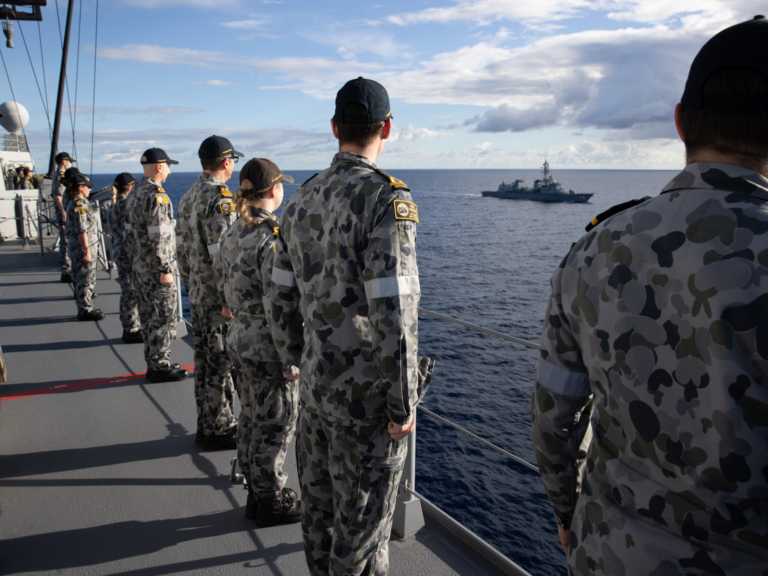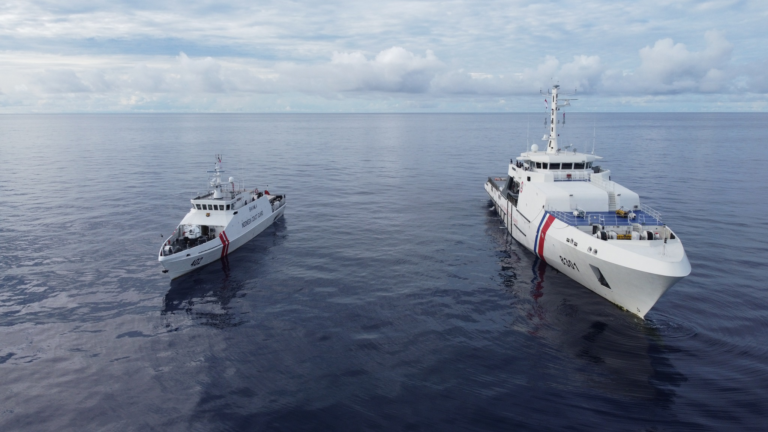
Australia and the Philippines are pursuing a new defense agreement as they step up military cooperation to address Indo-Pacific security challenges.
Philippine Defense Secretary Gilberto Teodoro Jr. said the enhanced pact, slated for formal acceptance in 2026, will enable more joint military drills to boost operational capability and strengthen regional deterrence.
Australian Defence Minister Richard Marles said the agreement would also support defense infrastructure development in the Philippines, with projects planned at five locations.
The allies have deepened security engagements as they seek to counter what both describe as China’s increased aggression in the South China Sea.
The Armed Forces of the Philippines in August 2025 reported more Chinese vessels around the disputed Second Thomas Shoal, coinciding with maritime drills between Canberra and Manila.
The 15-day Exercise Alon, a Filipino word for wave, included a joint sail by the Australian, Canadian and Philippine navies in the South China Sea, an area of flaring tensions after Chinese military vessels collided in mid-August.
Marles and Teodoro attended some of the drills. “A tremendous amount of logistics and planning have gone into what we witnessed here,” Teodoro said.
Marles said such engagements enhance interoperability and praised the synergy of participating forces, The Philippine Star newspaper reported. “This exercise is about Australia and the Philippines, and there’s a Canadian and a U.S. component to it. It’s about our relationship with those countries as well,” Marles said.
China’s actions in the South China Sea “are a matter not only of concern but of condemnation,” Teodoro said at a news conference with Marles in Manila, adding that the assertive moves have widened China’s “trust deficit.” Although the Philippines can’t control China’s unilateral activities in the region, there is a need to build deterrence, he said.
China arbitrarily claims most of the South China Sea, a conduit for more than $3 trillion in annual maritime commerce. An international tribunal in 2016 ruled that China’s assertions have no legal basis, siding with the Philippines, which brought the case.
China rejects the ruling and its activities have sparked sea and air confrontations with the Philippines in the strategic waterway.





